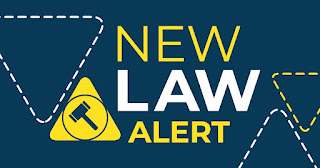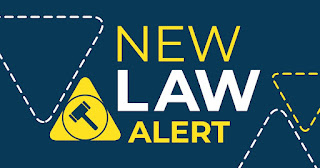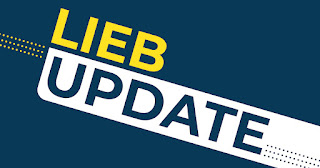New law establishes Office of the Advocate for People with Disabilities. The Office assures that disabled people are afforded the opportunity to exercise all of the rights and responsibilities accorded to citizens of New York.
Operating under the Department of State, the Office shall advise and assist state agencies in developing policies designed to help meet the needs of the disabled by:
- Coordinating the implementation of the Americans with Disabilities Act;
- Ensuring that state programs do not discriminate against disabled people;
- Ensuring that programs provide appropriate services for disabled individuals; and
- Working with state agencies to develop legislation and potential regulatory changes.
Landlords should be actively removing barriers to access so that this new Advocate doesn't bring suit against them for violations of the Americans with Disabilities Act (ADA).











